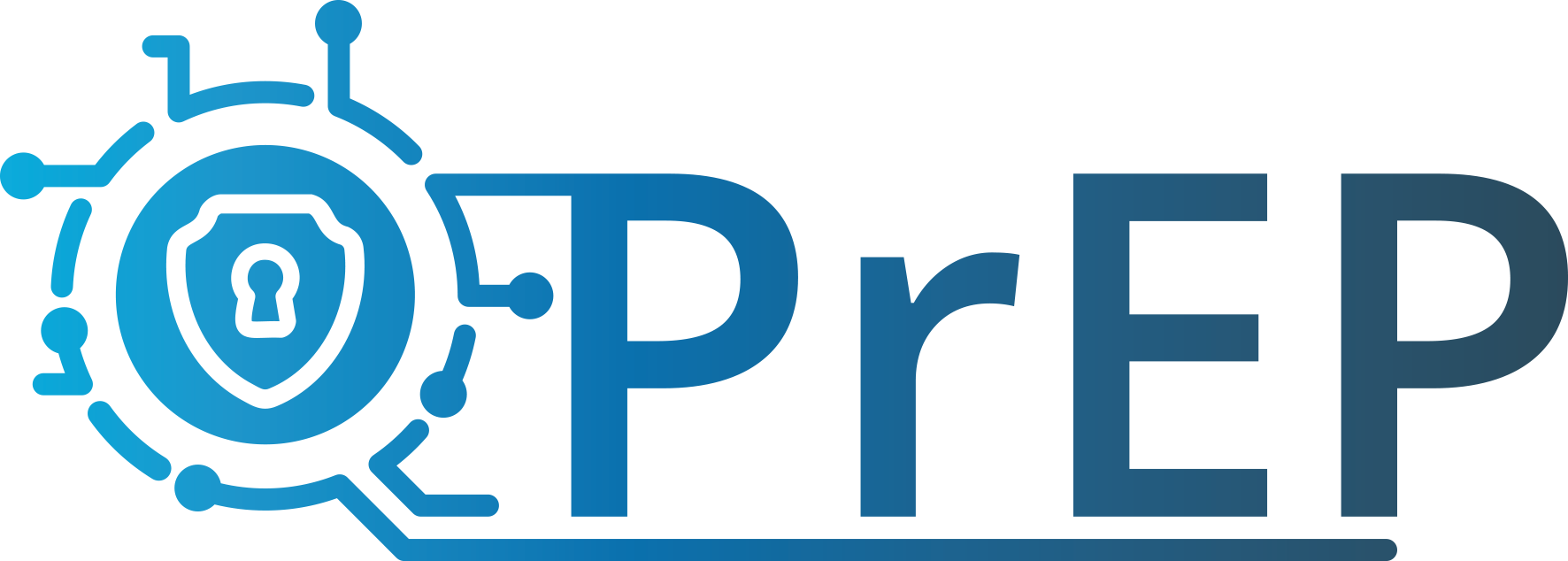Quantum computers are within reach and pose a serious threat to today’s data with increased protection requirements. Data that is worth protecting in the long term could already be stored today so that it can be decrypted later with the help of a quantum computer – according to the motto “Store now, decrypt later”. Previously used asymmetric cryptography such as RSA or ECC does not offer sufficient protection against attacks with quantum computers. For this reason, the German Federal Office for Information Security (BSI) has published this year’s version of TR-02102 “Cryptographic methods: Recommendations and Key Lengths“, the BSI has updated the recommendations on post-quantum cryptography in particular.
The switch to post-quantum cryptography is more complex than, for example, increasing key lengths to take account of the increased computing power of conventional computers. One of the reasons for the complexity is that it involves a complete replacement of the algorithms, i.e. new implementations are required, and integration into numerous protocols and standard applications is necessary before the roll-out can take place across the board. It is therefore important to initiate this process now.
The BSI has published specific recommendations for action (BSI Recommendation for Action) and, together with 17 European partners, has called for an active transition of the most sensitive applications to quantum-resistant methods by 2030 at the latest (Securing Tomorrow, Today: Transitioning to Post-Quantum Cryptography).
Origin of text: https://www.bsi.bund.de/DE/Service-Navi/Presse/Pressemitteilungen/Presse2025/250310_Aktualisierung_TR-02102.html (German version)
Picture: Foto von and machines auf Unsplash

